Earn a certificate & get recognized
Introduction to GraphQL
Unlock the power of GraphQL! Join our free course now to master the art of building efficient and flexible APIs. Dive into the world of GraphQL, create robust schemas, and harness its game-changing features.
Introduction to GraphQL
550 learners enrolled so far
Stand out with an industry-recognized certificate
10,000+ certificates claimed, get yours today!
Get noticed by top recruiters
Share on professional channels
Globally recognised
Land your dream job

Skills you will gain
API
REST API
GraphQL
Key Highlights
Get free course content
Master in-demand skills & tools
Test your skills with quizzes
About this course
Embark on a journey into the realm of modern web development with our free course, 'Introduction to GraphQL.' Discover the foundations of GraphQL, unravel the art of crafting a robust GraphQL schema, and explore the exceptional features that make GraphQL a game-changer. Learn how to optimize data retrieval, leverage real-time updates, and seamlessly integrate diverse data sources.
This course provides a concise yet comprehensive overview, equipping you with the essential skills to harness GraphQL's full potential. Elevate your understanding of efficient data management and stay ahead in the dynamic world of web development. Enroll now and empower your coding journey with the versatility of GraphQL.
Course outline
Introduction to GraphQL
In this module, you will explore GraphQL and understand how to interact with GraphQL APIs, making data fetching more flexible and precise.
Creating GraphQL Schema
In this module, you will delve into the fundamentals of creating a GraphQL schema, which serves as the foundation for defining your data model and how it can be queried.
Features of GraphQL
In this module, you will explore the key features that make GraphQL a compelling choice for modern API development.
Get access to the complete curriculum once you enroll in the course
Stand out with an industry-recognized certificate
10,000+ certificates claimed, get yours today!
Get noticed by top recruiters
Share on professional channels
Globally recognised
Land your dream job

Introduction to GraphQL

1.5 Hours
Beginner
550 learners enrolled so far
Get free course content
Master in-demand skills & tools
Test your skills with quizzes
Learner reviews of the Free Courses

5.0


Frequently Asked Questions
Will I receive a certificate upon completing this free course?
Is this course free?
What are the prerequisites required to enrol in this Free Introduction to GraphQL course?
You do not need any prior knowledge to enrol in this Introduction to GraphQLcourse.
How long does it take to complete this Free Introduction to GraphQL course?
It is a 1.0 hour long course, but it is self-paced. Once you enrol, you can take your own time to complete the course.
Will I have lifetime access to the free course?
Yes, once you enrol in the course, you will have lifetime access to any of the Great Learning Academy’s free courses. You can log in and learn whenever you want to.
Will I get a certificate after completing this Free Introduction to GraphQL course?
Yes, you will get a certificate of completion after completing all the modules and cracking the assessment.
How much does this Introduction to GraphQL course cost?
It is an entirely free course from Great Learning Academy.
Is there any limit on how many times I can take this free course?
No. There is no limit.
Who is eligible to take this Free Introduction to GraphQL course?
You do not need any prerequisites to learn the course, so enrol today and learn it for free online.
Become a Skilled Professional with Pro Courses
Gain work-ready skills with guided projects, top faculty and AI tools, all at an affordable price.
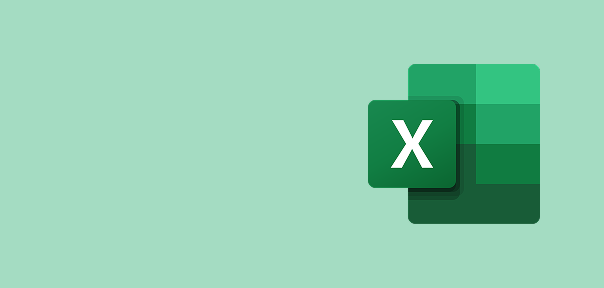

View Course

Included with Pro+ Subscription

View Course

Included with Pro+ Subscription


View Course

Included with Pro+ Subscription

View Course

Included with Pro+ Subscription

View Course

Included with Pro+ Subscription

View Course

Included with Pro+ Subscription
 (1).jpg)
View Course

Included with Pro+ Subscription
.jpg)
View Course

Included with Pro+ Subscription


View Course

Included with Pro+ Subscription


View Course

Included with Pro+ Subscription
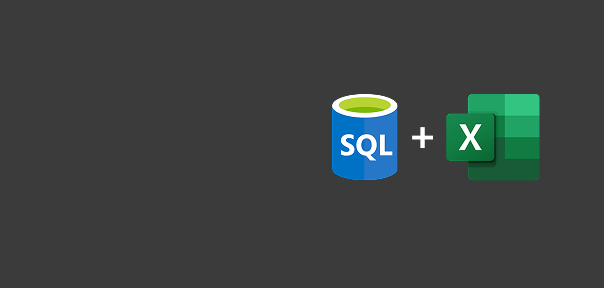

View Course

Included with Pro+ Subscription
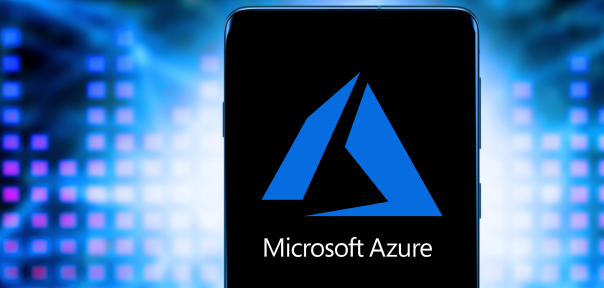



View Course

Included with Pro+ Subscription
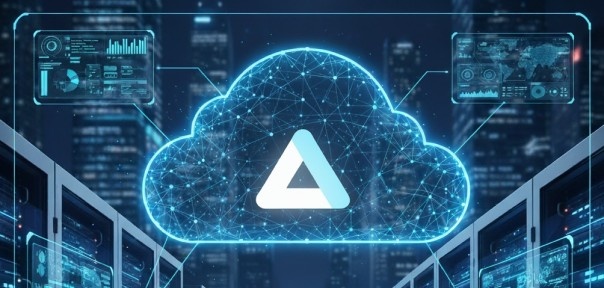

View Course

Included with Pro+ Subscription

View Course

Included with Pro+ Subscription

View Course

Included with Pro+ Subscription
 (1).png)
View Course

Included with Pro+ Subscription
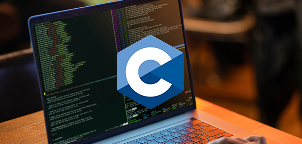
View Course

Included with Pro+ Subscription

View Course

Included with Pro+ Subscription
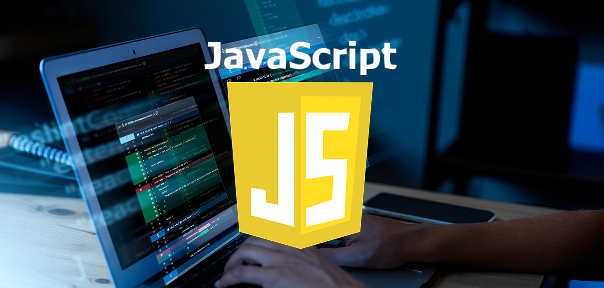
View Course

Included with Pro+ Subscription
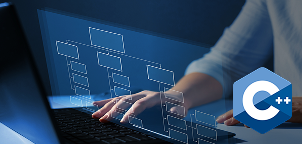
View Course

Included with Pro+ Subscription
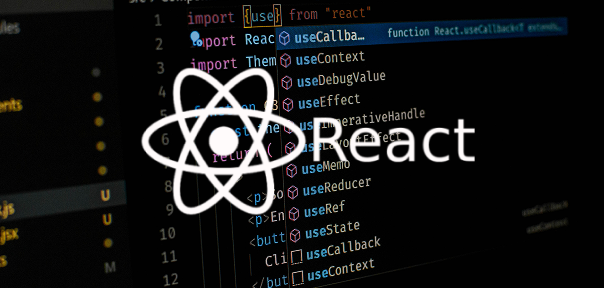
View Course

Included with Pro+ Subscription

View Course

Included with Pro+ Subscription


View Course

Included with Pro+ Subscription

View Course

Included with Pro+ Subscription

View Course

Included with Pro+ Subscription


.jpg)
View Course

Included with Pro+ Subscription
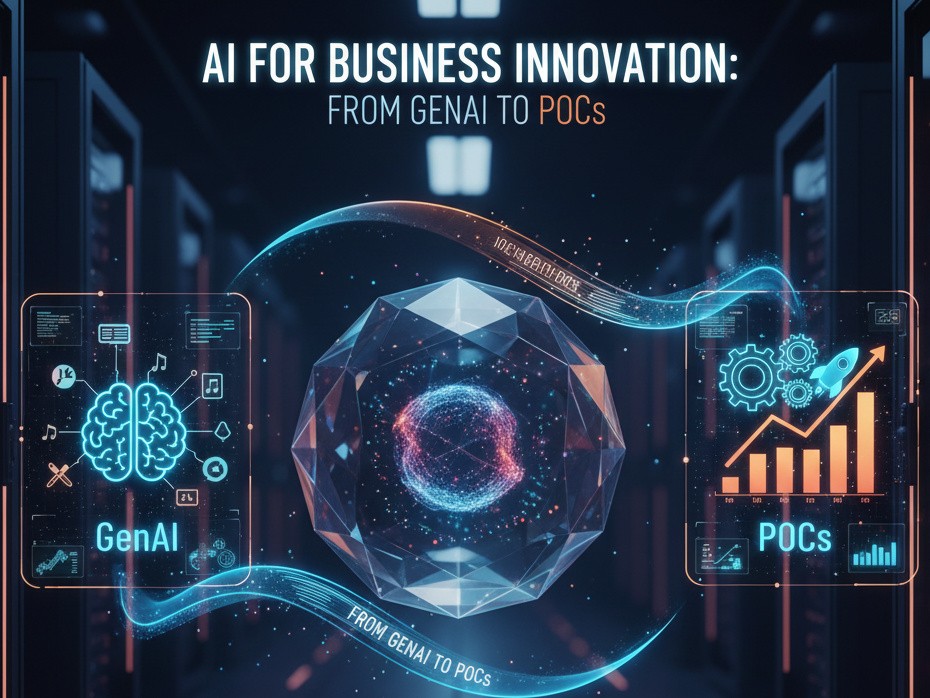
View Course

Included with Pro+ Subscription
.jpg)
View Course

Included with Pro+ Subscription

View Course

Included with Pro+ Subscription
.jpg)
View Course

Included with Pro+ Subscription
 (1).jpg)
View Course

Included with Pro+ Subscription
.png)
View Course

Included with Pro+ Subscription
.jpg)
View Course

Included with Pro+ Subscription
.jpeg)
View Course

Included with Pro+ Subscription
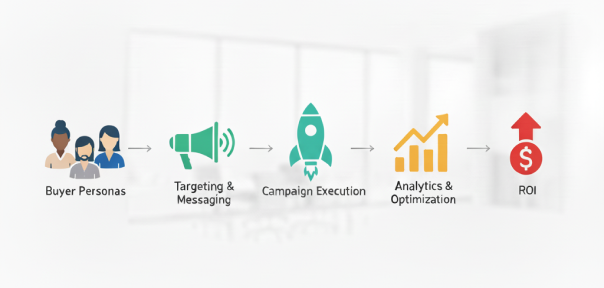
View Course

Included with Pro+ Subscription

View Course

Included with Pro+ Subscription

View Course

Included with Pro+ Subscription
.png)
.png)
View Course

Included with Pro+ Subscription
.png)
View Course

Included with Pro+ Subscription
.png)
View Course

Included with Pro+ Subscription


.png)
View Course

Included with Pro+ Subscription


View Course

Included with Pro+ Subscription
.jpg)

.jpg)

.png)

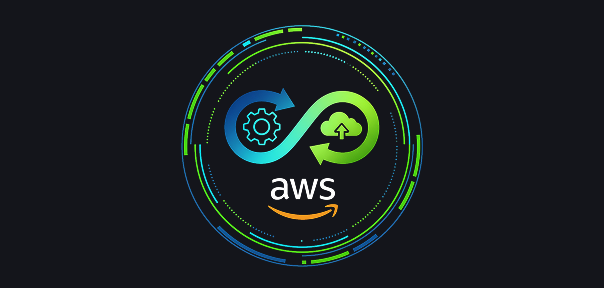
View Course

Included with Pro+ Subscription
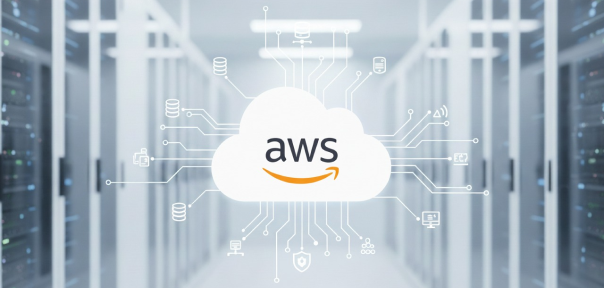

View Course

Included with Pro+ Subscription


View Course

Included with Pro+ Subscription
.png)
View Course

Included with Pro+ Subscription

View Course

Included with Pro+ Subscription
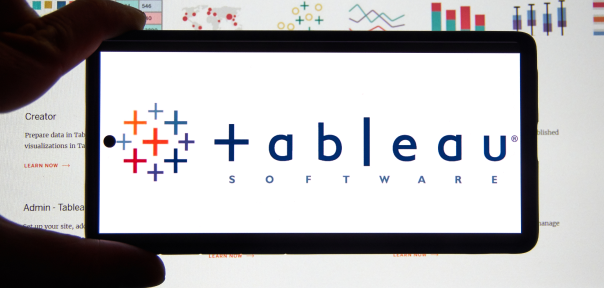
View Course

Included with Pro+ Subscription
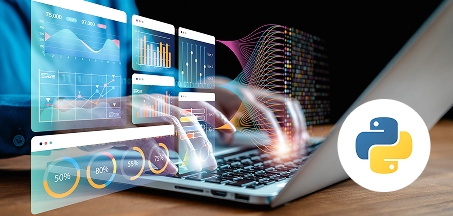
View Course

Included with Pro+ Subscription

View Course

Included with Pro+ Subscription
Popular


View Course

Included with Pro+ Subscription

View Course

Included with Pro+ Subscription


View Course

Included with Pro+ Subscription

View Course

Included with Pro+ Subscription

View Course

Included with Pro+ Subscription

View Course

Included with Pro+ Subscription
 (1).jpg)
View Course

Included with Pro+ Subscription
.jpg)
View Course

Included with Pro+ Subscription
Microsoft Courses


View Course

Included with Pro+ Subscription


View Course

Included with Pro+ Subscription


View Course

Included with Pro+ Subscription




View Course

Included with Pro+ Subscription


View Course

Included with Pro+ Subscription
IT & Software

View Course

Included with Pro+ Subscription

View Course

Included with Pro+ Subscription
 (1).png)
View Course

Included with Pro+ Subscription

View Course

Included with Pro+ Subscription

View Course

Included with Pro+ Subscription

View Course

Included with Pro+ Subscription

View Course

Included with Pro+ Subscription

View Course

Included with Pro+ Subscription
.png)
View Course

Included with Pro+ Subscription
.png)
View Course

Included with Pro+ Subscription
.png)
View Course

Included with Pro+ Subscription

View Course

Included with Pro+ Subscription

View Course

Included with Pro+ Subscription
.jpg)
View Course

Included with Pro+ Subscription


View Course

Included with Pro+ Subscription
.png)
View Course

Included with Pro+ Subscription
.png)
View Course

Included with Pro+ Subscription


View Course

Included with Pro+ Subscription

View Course

Included with Pro+ Subscription

View Course

Included with Pro+ Subscription


View Course

Included with Pro+ Subscription
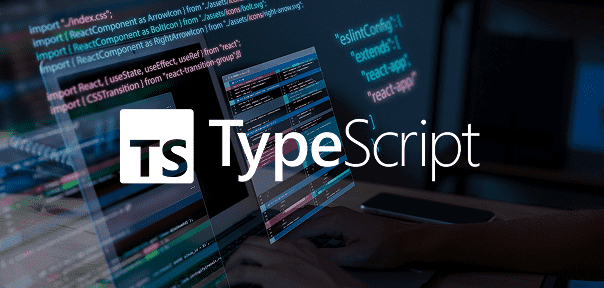
View Course

Included with Pro+ Subscription
AI & Generative AI

View Course

Included with Pro+ Subscription


View Course

Included with Pro+ Subscription

View Course

Included with Pro+ Subscription

View Course

Included with Pro+ Subscription


.jpg)
View Course

Included with Pro+ Subscription

View Course

Included with Pro+ Subscription
Management
.jpg)
View Course

Included with Pro+ Subscription

View Course

Included with Pro+ Subscription
.jpg)
View Course

Included with Pro+ Subscription
 (1).jpg)
View Course

Included with Pro+ Subscription
.png)
View Course

Included with Pro+ Subscription
.jpg)
View Course

Included with Pro+ Subscription
.jpeg)
View Course

Included with Pro+ Subscription

View Course

Included with Pro+ Subscription
.png)
View Course

Included with Pro+ Subscription

View Course

Included with Pro+ Subscription
.png)
View Course

Included with Pro+ Subscription

View Course

Included with Pro+ Subscription
.png)
View Course

Included with Pro+ Subscription
.png)
View Course

Included with Pro+ Subscription
.png)
View Course

Included with Pro+ Subscription

View Course

Included with Pro+ Subscription
Cyber Security

View Course

Included with Pro+ Subscription

View Course

Included with Pro+ Subscription
.png)
.png)
View Course

Included with Pro+ Subscription
.png)
View Course

Included with Pro+ Subscription
.png)
View Course

Included with Pro+ Subscription
Cloud Computing


.png)
View Course

Included with Pro+ Subscription


View Course

Included with Pro+ Subscription
.jpg)

.jpg)

.png)


View Course

Included with Pro+ Subscription


View Course

Included with Pro+ Subscription
.png)

View Course

Included with Pro+ Subscription
.png)

View Course

Included with Pro+ Subscription
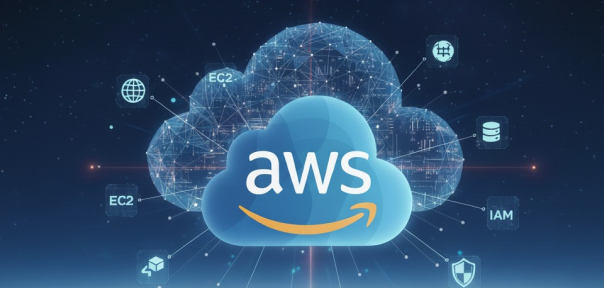

View Course

Included with Pro+ Subscription
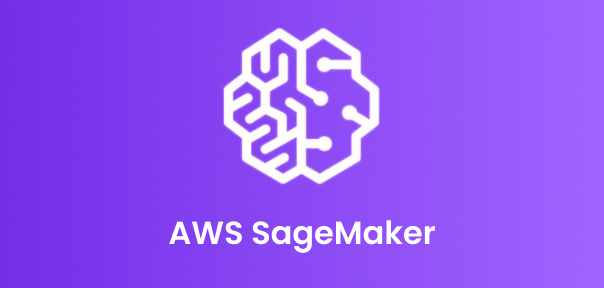

View Course

Included with Pro+ Subscription



Data Science & ML


View Course

Included with Pro+ Subscription
.png)
View Course

Included with Pro+ Subscription

View Course

Included with Pro+ Subscription

View Course

Included with Pro+ Subscription

View Course

Included with Pro+ Subscription

View Course

Included with Pro+ Subscription
Subscribe to Academy Pro+ & get exclusive features
₹999/month Inc. of GST
No credit card required
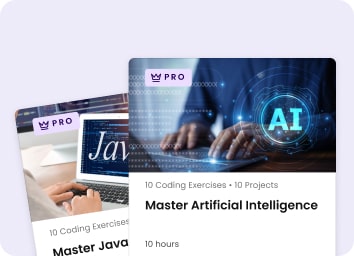
Learn from 40+ Pro courses
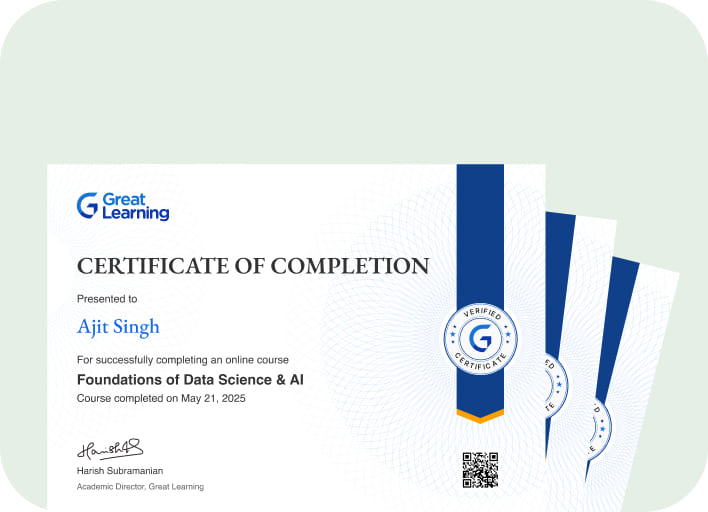
Access 500+ certificates for free
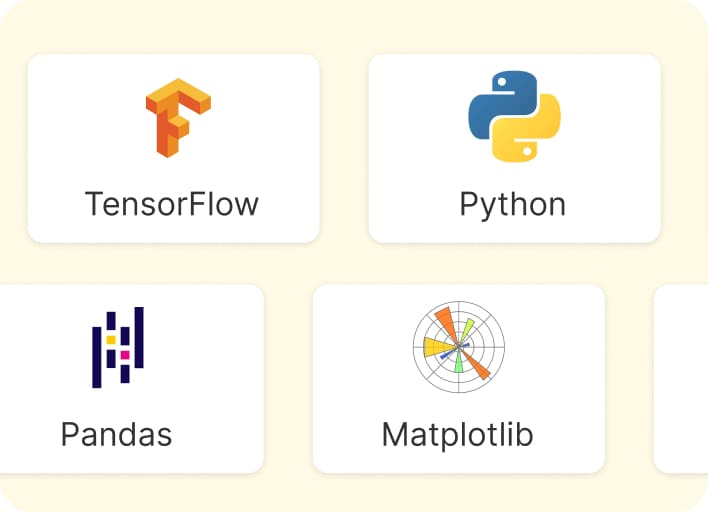
700+ Practice exercises & guided projects
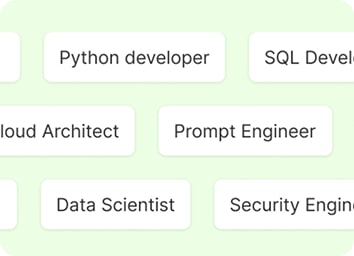
Prep with AI mock interviews & resume builder
Recommended Free Software courses





Similar courses you might like




Relevant Career Paths >
Introduction to GraphQL
GraphQL is a query language and runtime designed to improve the efficiency and flexibility of communication between clients and servers in web and mobile applications. Developed by Facebook and open-sourced in 2015, GraphQL has gained popularity for its ability to address some of the limitations of traditional REST APIs.
Core Concepts
Schema Definition:
At the core of GraphQL is the schema, a contract that defines the types of data that can be queried and the relationships between them. This schema serves as a blueprint for the API, providing a clear structure for data interactions.
Query Language:
GraphQL uses a query language that allows clients to specify the exact data they need. Unlike REST, where the server determines the shape of the response, GraphQL empowers clients to request only the necessary information.
Types and Fields:
GraphQL enables the definition of custom types and fields, allowing developers to model their data more precisely. Types represent entities, and fields define the properties or relationships associated with those entities.
Mutations:
Mutations are used in GraphQL to modify data. This includes operations such as creating, updating, or deleting records. Mutations provide a standardized way to perform write operations on the server.
Advantages
Efficiency:
GraphQL addresses the issue of over-fetching and under-fetching of data by enabling clients to request only the specific information they need. This can lead to reduced data transfer and improved performance, especially in situations with limited bandwidth.
Flexibility:
One of the key strengths of GraphQL is its flexibility. Clients can request different sets of data without requiring changes to the server. This adaptability simplifies development and encourages collaboration between frontend and backend teams.
Single Endpoint:
Unlike REST APIs that often have multiple endpoints for different resources, GraphQL typically exposes a single endpoint. This simplifies the communication process, making it more straightforward for clients to interact with the API.
Real-time Data with Subscriptions:
GraphQL supports real-time data updates through subscriptions. Clients can subscribe to specific events, and the server can push updates to subscribed clients when relevant data changes. This is particularly useful for applications that require real-time features.
Challenges
Learning Curve:
Developers accustomed to traditional REST APIs may find the concepts of schemas, types, and resolvers in GraphQL initially challenging. However, as teams become familiar with these concepts, the benefits become more apparent.
Security Considerations:
Security is a crucial consideration when implementing GraphQL. Due to the flexibility of queries, developers must ensure that the API is protected against malicious queries that could impact
performance or expose sensitive information.
Conclusion
GraphQL has become a significant player in the world of API development due to its efficiency, flexibility, and ability to cater to the evolving needs of modern applications. While there is a learning curve associated with adopting GraphQL, many developers and organizations find that the benefits in terms of streamlined communication and improved data management make it a valuable technology for their projects. As the technology continues to mature, GraphQL is likely to play an increasingly important role in shaping the future of API design.







